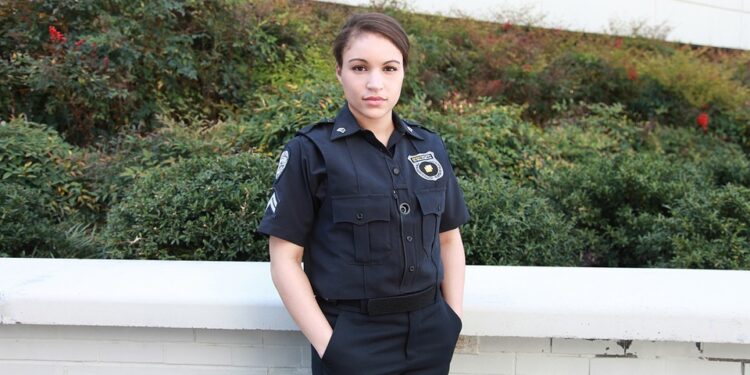The tragic death of Breonna Taylor, a 26-year-old African American woman who was shot and killed by police in her own home in Louisville, Kentucky, has sparked widespread outrage and calls for justice. The circumstances surrounding Taylor’s death have raised important questions about the legal and social implications of police violence against Black people, as well as the broader issues of racial bias and systemic discrimination within our criminal justice system.
On the night of March 13, 2020, police officers executed a “no-knock” warrant on Taylor’s apartment as part of a drug investigation. They entered her home without announcing themselves, leading to a confrontation in which Taylor’s boyfriend, who believed that they were intruders, fired a shot. In response, the officers opened fire, striking Taylor multiple times and ultimately causing her death.
The handling of Taylor’s case by law enforcement has come under intense scrutiny, with many questioning the justification for the use of force and the lack of accountability for the officers involved. Despite the fact that no drugs were found in Taylor’s apartment, and the officers were not wearing body cameras, no charges have been filed in connection with her death.
The legal implications of Taylor’s death highlight the need for reform within our criminal justice system. The use of no-knock warrants, which have been criticized for their potential to escalate violence and endanger innocent lives, should be reexamined and restricted. Additionally, the lack of transparency and accountability in cases of police misconduct underscores the need for greater oversight and accountability mechanisms to ensure that officers are held responsible for their actions.
The social implications of Taylor’s death are equally significant. Her case has become a rallying point for the Black Lives Matter movement and has reignited conversations about racial bias and inequality in our society. The fact that Taylor, a young Black woman, could be killed in her own home by police officers without any consequences speaks to the deep-seated racism and injustice that continues to plague our country.
In the wake of Taylor’s death, there have been calls for justice and accountability. Protests and demonstrations have taken place across the country, demanding that the officers involved be held accountable and that systemic change be implemented to address the issues of police violence and racial discrimination.
As we unpack the legal and social implications of Breonna Taylor’s tragic death, it is clear that there is much work to be done. We must continue to fight for justice for Taylor and all victims of police violence, and we must work towards building a more just and equitable society for all. Only then can we truly honor the memory of Breonna Taylor and ensure that her death was not in vain.











